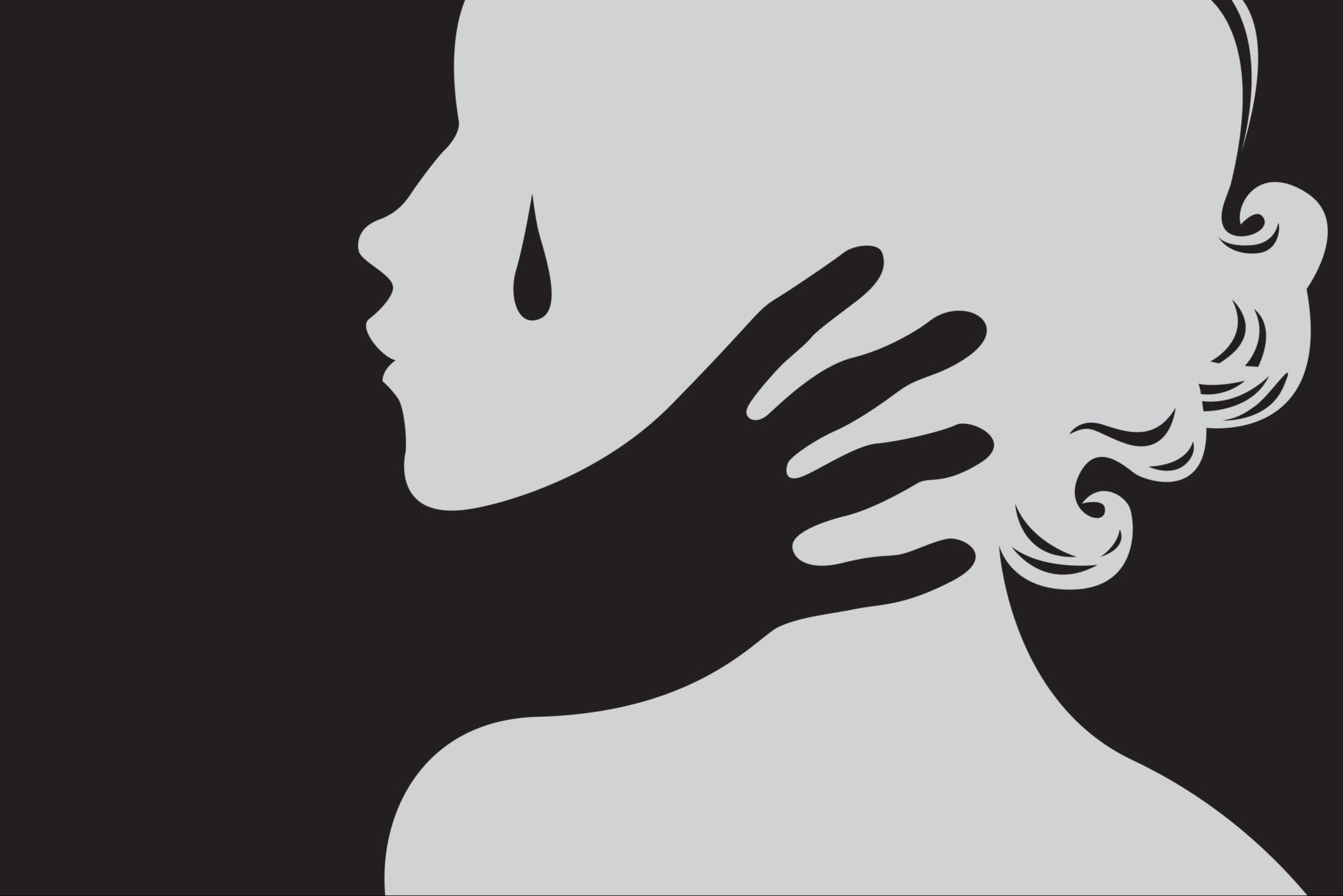Hotline: +381 61 63 84 071
Do safe houses in Serbia have sufficient capacities for victims of domestic violence?

Photo: website fighterlaw.com
Currently, 13 safe houses for victims of domestic violence and one shelter for victims of human trafficking function in Serbia, with a total accommodation capacity of 190 places, which is below the level recommended by the Council of Europe, as shown in a report prepared by Citizens Association Atina in cooperation with the United Nations Entity for Gender Equality and the Empowerment of Women UNWOMEN.
The report emphasizes that existing capacities are 74 percent lower than the CoE standard which prescribes that, for a country the size of Serbia, it is necessary to provide 719 places for the accommodation of victims of domestic violence.
One of the authors of the research, Andrijana Radoičić Nedeljković, from the organization Atina, points out that the lack of funds is part of the problem that causes insufficient accommodation capacities in safe houses.
“The problem could be solved first by expanding the capacities of existing safe houses, but also by opening new ones in the towns where there are none,” Radoičić Nedeljković pointed out.
She added that there are obstacles of an administrative nature on this path. Namely, the Rulebook that prescribes the standards sets certain criteria that are stricter than those that exist in some EU countries.
“The provision that defines the number of professional workers per the number of victims is more rigorous in Serbia than in some European countries. In order to go through the licensing process, and bearing in mind the ban on employment in the public sector, safe houses then reduce their accommodation capacity to, for example, ten victims when they could be accommodating 30 of them,” Radoičić Nedeljković pointed out.
The research shows that, out of 14 safe houses, only five have work licenses, two are in the process of renewing their licenses, and the remaining seven have submitted applications.
“Looking at the licensing criteria, it is clear that there are challenges in licensing process, which lead to non-uniformed work in safe houses in Serbia,” the report stated, adding that the biggest problem with licensing is the insufficient number of professional workers hired on a permanent basis, as well as unresolved property-legal issues with the objects.
The analysis has also shown that a total of 80 persons work in the safe houses, which means that half of the houses do not have the number of employees proscribed by the rulebook. What is good is that persons in management positions in the safe houses have appropriate work experience and knowledge of the sensitivity of the topic.
The fact that more than 70 percent of safe houses have signed protocols on cooperation with health institutions, which greatly facilitates access to health care, also received a positive rating.
As the author of the report emphasized, it is noticeable that the topic of domestic violence has recently been more present in public, and that investments are being made in campaigns that encourage women to report violence.
“However, the state does not deal sufficiently with the issue of what will happen once a woman reports violence. Only when more attention is paid to this issue will it be possible to get out of the vicious circle of domestic violence,” said Radoičić Nedeljković.
The results of the research show that slightly more than half of the safe houses have a procedure for ensuring the secrecy of the location, and the safety of beneficiaries and the engaged staff.
“A total of 42.8 percent of safe houses are trying to ensure the secrecy of the location by not displaying the address publicly; 21.43 percent by signing an agreement on respecting the secrecy of the location with beneficiaries; while 22 percent of the safe houses limit the visits of third parties only to representatives of institutions. The remaining 13.77 percent of safe houses pointed out through questionnaires that they try to preserve the safety of women in safe houses through a greater presence of the police. It is concerning that all respondents had situations when the secrecy of the location was breached, which directly threatens the safety of the accommodated women as well as the staff,” stated the report.
According to the data of the Republic Institute of Statistics, during 2020, a total of 36,656 cases of domestic violence were recorded in centers for social work.
In 2021, the Republic Institute conducted a survey in which it was established that every fifth woman experienced violence from an intimate partner. Research by the Autonomous Women's Center showed that in the first year of implementation of the Law on Prevention of Domestic Violence, out of 56 victims of femicide, one in three women previously reported violence to the authorities.
The text can be found at the newspaper Danas website: https://www.danas.rs/vesti/drustvo/nedelja-da-li-u-srbiji-ima-dovoljno-m...












 FACEBOOK
FACEBOOK TWITTER
TWITTER YOUTUBE
YOUTUBE